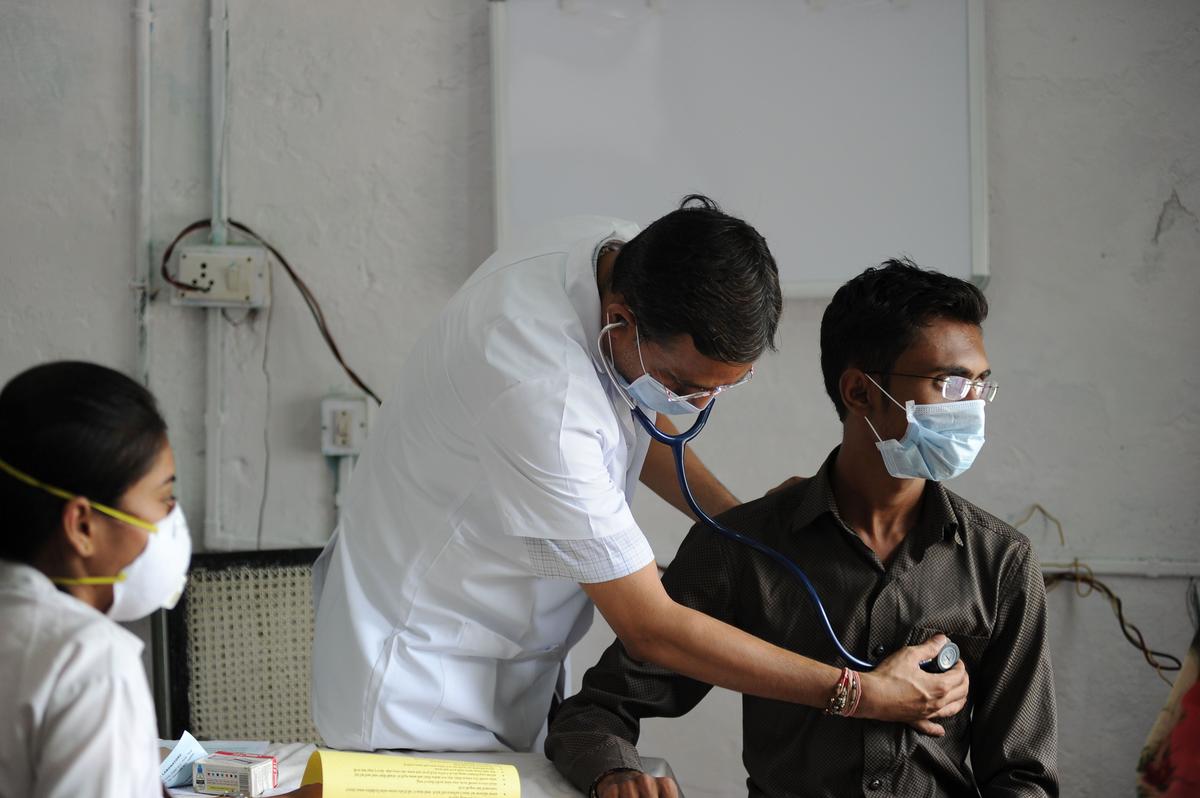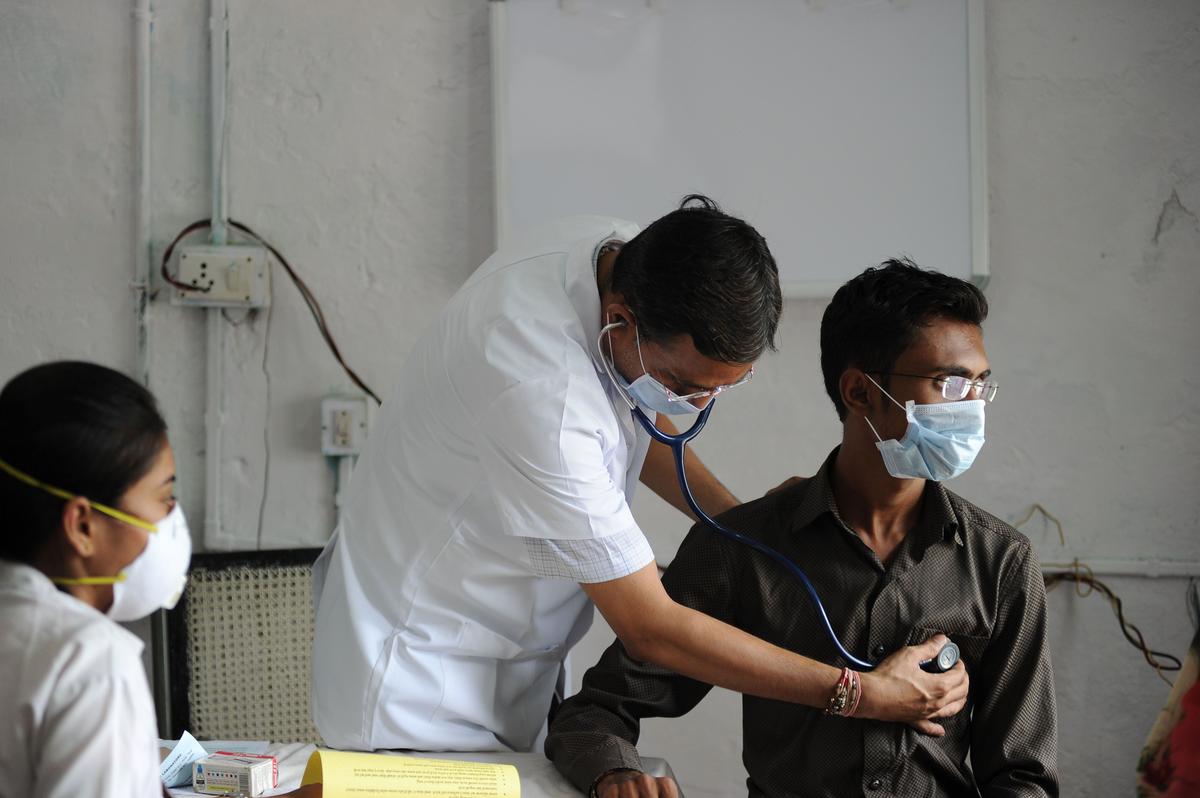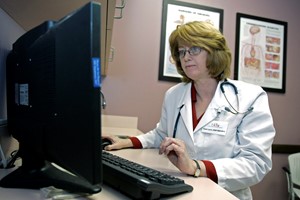Experts highlight importance of preventive healthcare for non-communicable diseases
: As the pandemic is far from over and new variants of the coronavirus emerge, doctors are stressing on the importance of preventive healthcare measures for non-communicable diseases.
While factors such as your age, gender, and family history for certain diseases are outside our control, there are many important risk factors that are within our power to change. With the mantra that ‘prevention is better than cure’, healthcare practitioners are urging citizens to pursue screening tests, follow-up on vaccinations, and make healthy lifestyle habits to prevent or slow down the course of an illness.
“When the first wave of COVID-19 started, the management of non-communicable diseases went for a toss as there was a fear of contracting the virus in hospitals and clinics. This led to the deferment of routine health checks, and follow-ups of chronic illnesses like diabetes, hypertension, asthma, etc. However, at the same time, teleconsultation made a large positive impact in managing non-communicable diseases,” said Dr. Sudarshan S., consultant physician, Medall Healthcare.
Doctors hail the rise in telecommunications as it has led to more people seeking advice on non-communicable diseases, especially during subsequent waves of COVID–19. “Physicians during COVID-19 waves were phenomenal in not only managing COVID patients, but also incorporating teleconsultation in their practice. Elective surgeries were postponed and were mostly carried out once the waves settled, to prevent spread of infection,” Dr. Sudarshan added.
Preventive measures can also be cost-effective when compared to exorbitant hospital fees that most patients are saddled with. It’s not just the elderly who should schedule regular check-ups.
“Preventive health check-ups help in the early detection of various non-communicable diseases at an early stage. It can help in the detection of lifestyle diseases such as hypertension and diabetes as well as various silent cancers. The frequency of health check-ups depends on the patient’s age, risk factors and current health status. They can can prevent complications and even in many cases, a patient may avoid surgery. As a result, the patient will be able to save time and money,” said Dr. Ravi Shankarji Kesari, Physician - Internal Medicine, Apollo Spectra, Koramangala.
Vaibhav Maloo, managing director, Enso Group added, “The pandemic showed us the power of immunisation, even without 100% efficiency against viruses. Immunisation still remains one of the best ways one can protect not only their own generation but the future ones too. In other words, if you vaccinate, you help wipe out diseases. Even the body prepares well to fight several non-communicable diseases.”
Getting preventive care reduces the risk for diseases, disabilities, and death — yet millions of people in the United States don’t get recommended preventive health care services. Healthy People 2030 focuses on increasing preventive care for people of all ages.
Children need regular well-child and dental visits to track their development and find health problems early when they’re usually easier to treat. Services like screenings, dental check-ups, and vaccinations are key to keeping people of all ages healthy. But for a variety of reasons, many people don’t get the preventive care they need. Barriers include cost, not having a primary care provider, living too far from providers, and lack of awareness about recommended preventive services.
Teaching people about the importance of preventive care is key to making sure more people get recommended services. Law and policy changes can also help more people access these critical services.
Definitions of preventive health activities:
- Annual Physical Exam: A health care provider visit at least once a year. Do this even if you feel healthy.
- Cholesterol Screen: Get your cholesterol checked starting at age 20. If your level is within normal limits, get checked every five years. Your health care provider may check your cholesterol more if your level is not normal. You may be checked more if you have diabetes, heart disease or kidney problems. You could be screened more if you see changes in your weight or what you eat.
- COVID Vaccine: Everyone age 5 and up are now eligible to receive COVID-19 vaccination. These vaccines are the best way to protect and your loved ones from becoming ill from COVID-19. Talk to your healthcare provider or visit https://www.coronavirus.in.gov/for more information.
- Diabetes Screen: Everyone should be screened for diabetes no later than age 45. Your health care provider may screen you at a younger age if you are overweight or have high blood pressure.
- Dental Cleaning: Have a dental professional clean your teeth at least once a year.
- Dental Exam: Have a dentist look at all your teeth at least once a year.
- Eye Exam: Get your eyes checked once every two years. Ask your health care provider if you need your eyes checked more often.
- Chlamydia: Women under age 25 should be screened for chlamydia each year.
- Cervical Cancer Screen: Women ages 21 to 30 who have a cervix should get a Pap test every three years. Women ages 30 to 65 should get a Pap test every five years. They should do this even if they have a normal HPV test. After age 65, most women who have not had cervical cancer can stop these tests. A person can stop getting tests after testing negative three times in 10 years.
- Breast Cancer Screen: Women between the ages of 40 to 75 should get mammograms. This is an x-ray of the breasts to help find cancer. This test should be done at least once every two years.
- Colon Cancer Screen: All people between ages 45 and 75 should get screened for colorectal cancer. You should talk with your health care provider about the test that is best for you. You may be tested at a younger age if you have a family history of colorectal cancer.
- Flu Shot: Most adults should get the flu shot every year.
- Pneumococcal Vaccine: Adults 65 or older should get the vaccine. Health care providers may also suggest it for people younger than 65 who have certain other health problems.
- Shingles Vaccine: This is a vaccine that protects you against a painful disease caused by the chicken pox virus. Those with weak immune systems should not get it. Talk to your Primary Medical Provider (PMP) for more information.
- Td Vaccine: Adults should get a Td booster once every 10 years.
By Ileena Dutta












